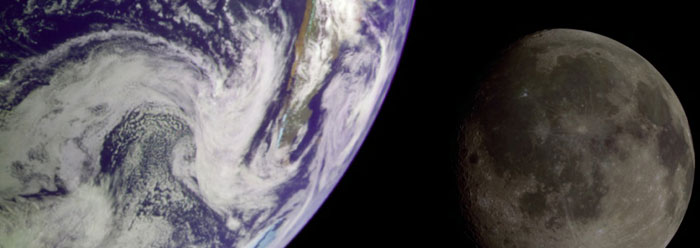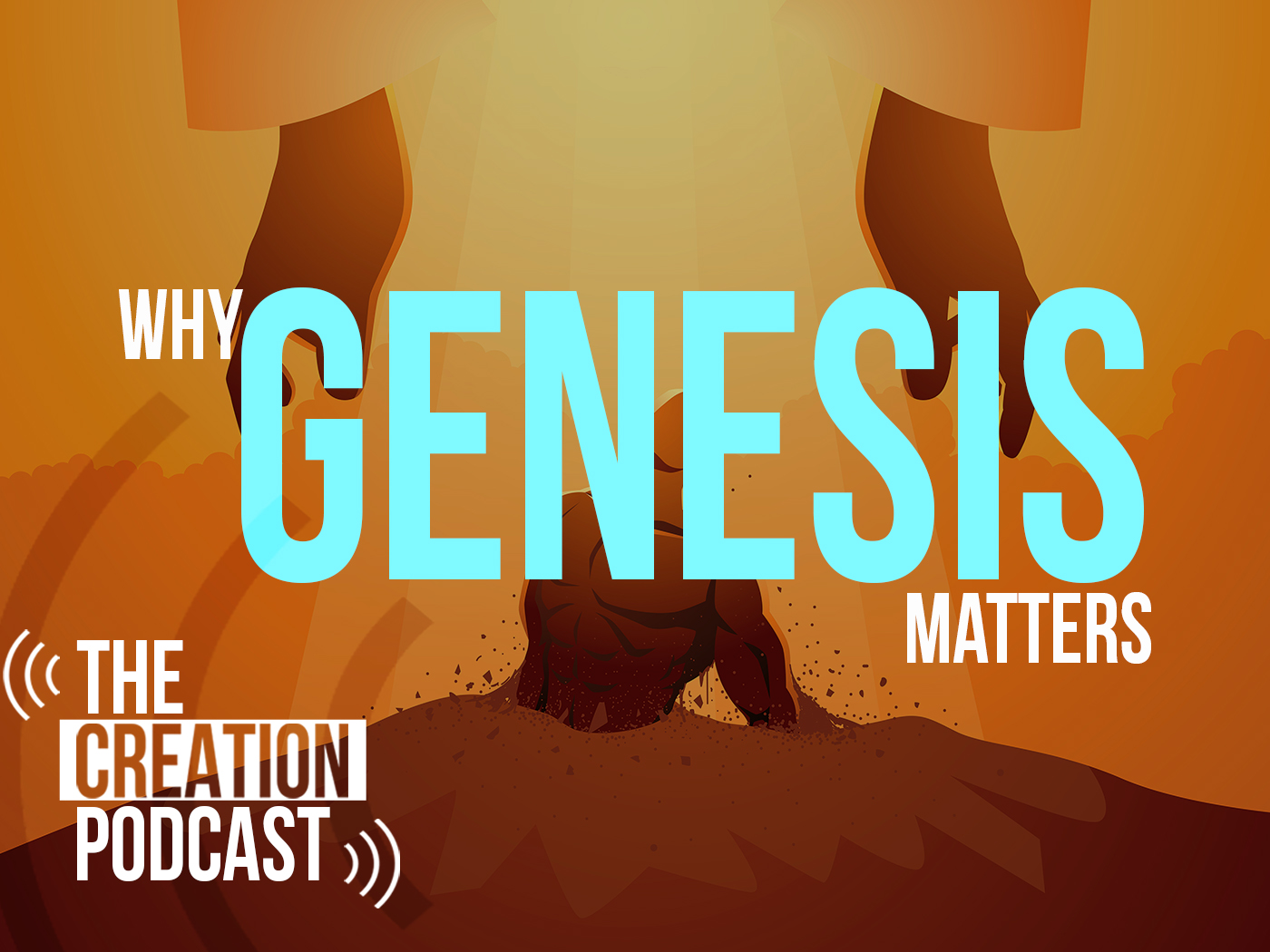Does gravity exist?
While few would deny that objects attract at-a-distance, some physicists are questioning whether or not this universally observed effect is caused by a stand-alone force called "gravity." The root causes of this well-established law are still not understood by science. If something this basic can be called into question, how should this affect one's confidence in other widely-held scientific claims like "evolution is a fact"?
In a landmark paper that is causing a stir in the world of theoretical physics, University of Amsterdam string theorist Erik Verlinde provided a totally new perspective for understanding the effect that has been called gravity. He is convinced that it is not an independent force at all.
If it's not, that would be good news for scientists such as famed cosmologist Stephen Hawking who have spent lifetimes trying in vain to merge the fundamental formulas that express gravity and electromagnetism into a single "theory of everything."
Instead, Verlinde posits that gravity results from objects that had been stretched apart from one another and are just relaxing back into more "comfortable" positions. In this view, "Newton's law of gravity emerges in a surprisingly simple fashion."1 He told The New York Times, "We've known for a long time gravity doesn't exist. It's time to yell it."2
Reactions to Verlinde's proposal provide an interesting contrast to the reception provided to certain others who've been willing to examine scientific presuppositions. In countless conversations around the world, people with sincere questions about evolution's particles-became-people story have been accused of being as ignorant as someone who would question gravity. Now, Verlinde has actually questioned gravity and yet is being treated to serious consideration rather than demeaning personal attacks.
The difference may be that those who have heard of Verlinde's pioneering work are actually thinking about what he has said, instead of dismissing it before even giving it a serious look. Some physicists believe that Verlinde's model is brilliant, while others admit they do not understand it or do not believe it will prove accurate. But in all cases, they are considering Verlinde's proposal.
The formulas used to defend his thesis are elegant and persuasive. In his paper--posted on a Cornell University website that houses technical papers and peer comments--Verlinde used the analogy of a long, loose strand with one end tethered to a fixed point to illustrate his concept that gravity is just a byproduct of thermodynamics.1
Imagine the strand so loose that its shape randomizes into something like a wadded-up spaghetti noodle. Then somebody gathers the wad and straightens out a portion of it by pulling it away from its attachment point. After it is let go, the strand randomizes again, its increasing crinkles causing it to shrink back toward the object to which it is attached. In a similar manner, the apparent force drawing objects together is just the effect of the space between those objects randomizing, curling up, and pulling inward.
His theory has already been applied by other physicists to successfully solve certain problems in physics.3 Whether or not gravity is an independent, fundamental force in the cosmos or just the consequence of thermodynamics, as Verlinde and a growing cadre of physicists are thinking, the fact that the basics of a phenomenon so universally observed as gravity are still being discussed seems remarkable in the face of all the bluster that science holds all the answers.
A physicist has provided a radical re-think on the fundamentals of gravity, accompanied by sound reason and solid observations. And physicists are listening. In a profession dedicated to finding accurate explanations, it should hold equally true that when a biologist provides a radical re-think of Darwinian origins--also accompanied by sound reason and solid observations--his or her case should also be heard.4
References
- Verlinde, E. On the Origin of Gravity and the Laws of Newton. arXiv: 1001.0785v1. Posted on arXiv.org January 6, 2010.
- Overbye, D. A Scientist Takes On Gravity. The New York Times. Posted on nytimes.com July 12, 2010, accessed August 1, 2010.
- See, for example, Zhang, Y., Y. Gong and Z.-H. Zhu. Modified gravity emerging from thermodynamics and holographic principle. arXiv: 1001.4677v1. Posted on arXiv.org January 26, 2010.
- See, for example, Behe, M. 1996. Darwin's Black Box. New York: Simon and Schuster.
Image credit: NASA, JPL
* Mr. Thomas is Science Writer at the Institute for Creation Research.
Article posted on August 6, 2010.














